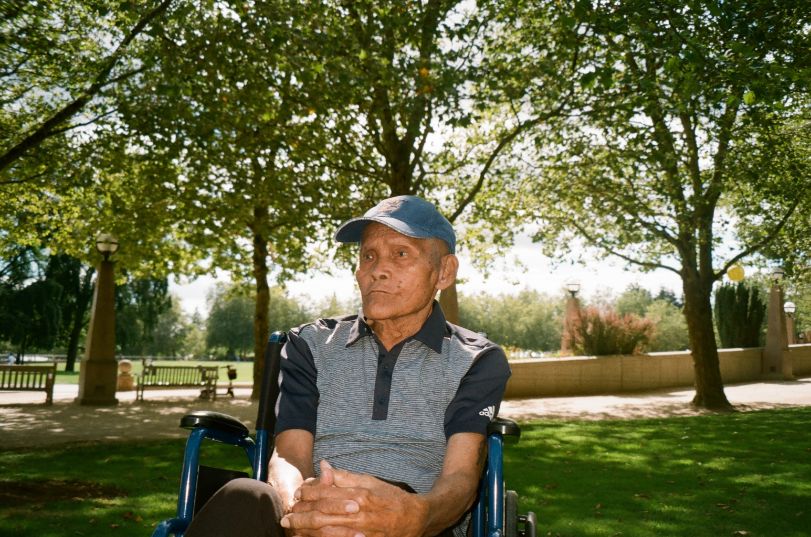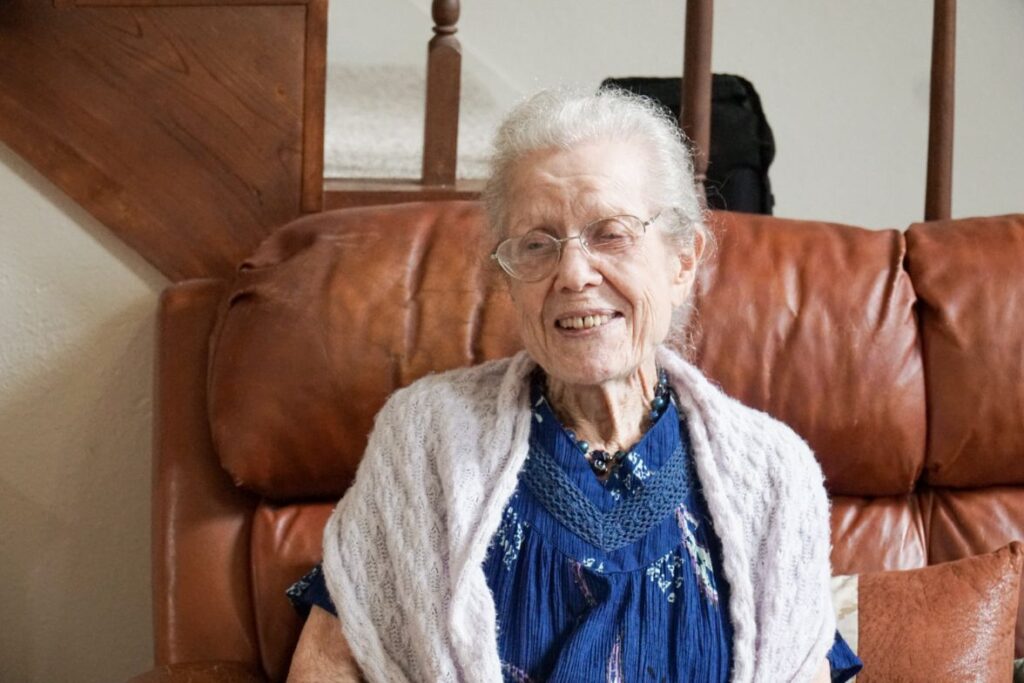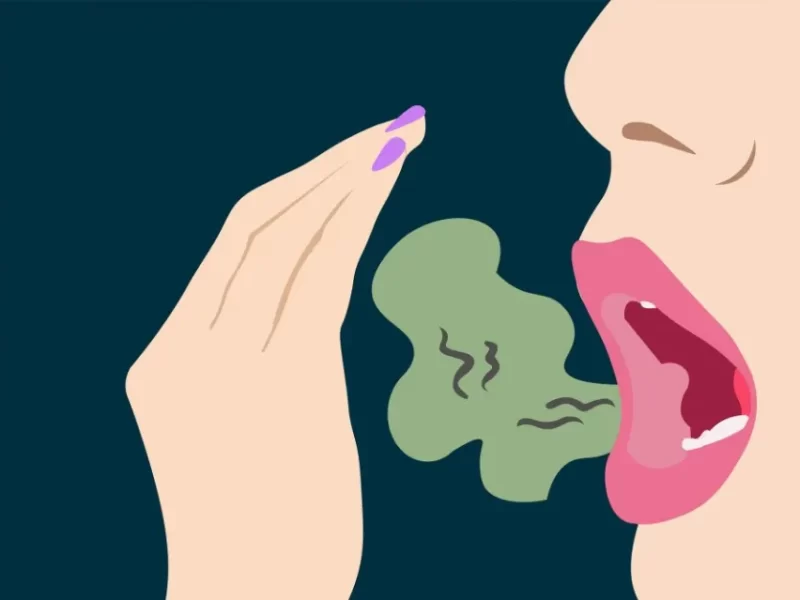Any abnormal sensory perception that takes place while a person is awake and conscious is referred to as a hallucination. These abnormal sensory perceptions are typically auditory or visual. But for some, the visions continue even after they open their eyes.
For some people, hallucinations can alter reality even when they are fully awake. At any age, a hallucination can be unsettling and frightening, but for the elderly people in your life, it can be especially so because it can signify a serious underlying condition. Please read this article to learn more about hallucinations in the elderly.
Types Of Visual Hallucination
Complex or straightforward hallucinations are both possible. They are both non-formed and elementary hallucinations for the simple form of hallucinations. The terms refer to immoral objects, geometric forms, colors, lights, and so forth.
A lifelike scene or image of an object, an animal, or a person can be anticipated in complex hallucinations, which are also known as formed visual hallucinations. In such a case, the images can be very clear.

- Hallucinations: can be defined as a perception of events or objects but without external stimulus.
- Musical hallucinations: this is where one experiences music or different musical aspects that can have or not have any lyrics or voice when there is evidently nothing being played.
- Minor hallucinatory phenomena: this is where there is sensed presence, visual illusions, and passage hallucinations.
- Passage hallucinations: this is when the perceiver experiences some sort of stimulus passing within a peripheral field.
- Out-of-body experiences: this involves sensing as if you are floating somewhere outside the body. In this situation, you might also get the impression that you are standing apart from your body and viewing it.
- Sensed presence: this is a kind of vivid sensation that there is the presence of a known or an unknown person quite close but just behind them. When you feel the presence of someone who has already experienced a loss, this is also referred to as feeling the presence of a guardian angel or continuing presence.
- Visual illusions: these are misperceptions that occur briefly that there is an object or a living thing that differs from reality.
- Tinnitus: this is a perception that there is sound while in truth, no external source of sound is present. Even though there are some complex perceptions, like music, the sounds are typically simple, such as buzzing, hissing, or ringing.
Causes Of Hallucinations In The Elderly
Hallucinations in the elderly can be brought on by a variety of factors. Although a mental disorder of some kind is typically the first thing that comes to mind when thinking about hallucinations, there are a number of other causes that could be the real culprit. Here are some of the more common reasons:
- Vision or Hearing Loss: As previously mentioned, as we age, our nerves start to deteriorate. However, people who have significant vision or hearing loss—from glaucoma or otosclerosis, respectively—are more susceptible because their brains become more hyperactive, causing them to perceive things that are not real.
- Psychiatric Disorder: Hallucinations are known symptoms of schizophrenia, bipolar disorder, depression, and other mental illnesses. Hallucinations from one of these disorders will probably continue as an elderly person age if they did so in the past when they were younger.
- Dementia or Alzheimer’s: Dementia remains one of the most frequent causes of hallucinations in elderly people, despite the fact that there are many other potential causes as well. Due to a condition known as Sundowner’s Syndrome, this symptom, which is a warning sign for both dementia and Alzheimer’s, can get worse in the afternoon.
- Medication: Several medications have the potential side effect of hallucinations. To find out if a senior citizen is experiencing hallucinations due to a particular medication or a cocktail of medications, it is best to review the medications they are currently taking.
- Sleep Deprivation: No matter your age or gender, not getting enough sleep can cause you to have hallucinations in addition to making you moody and irritable.
- Charles Bonnet Syndrome: Charles Bonnet Syndrome is a common disease that also causes hallucinations, much like dementia. But only those with vision impairment are impacted. Fortunately, Charles Bonnet Syndrome patients rarely experience hallucinogenic episodes, and their signs usually disappear within a few years.
- Substance Abuse: An elderly person may be hearing or seeing things due to substance abuse. Hallucinations have been linked to the use of specific illegal drugs, and excessive alcohol consumption has also been linked to visions.
How To Recognize Hallucinations In A Person?
It’s important to remember that hallucinations don’t always involve seeing things that aren’t actually there. Our senses deteriorate and grow a little duller as we age. This means that when there is inadequate stimulation, the parts of our brains that control our senses become hyperactive.
Because of the nervous system’s overreaction, hallucinations involving one or all five senses are both possible. You might not always be able to determine when something is happening based on the reaction. It’s possible that the elderly person is unaware of it as well.
It will need to be severe enough for you to notice that an elderly person is actually experiencing hallucinations. A senior’s altered behavior is one sign of hallucination. You might become a little more agitated and anxious than usual. Additionally, they may appear to be more forgetful and confused than usual.
This is in addition to indicators like smelling, hearing, or seeing things that weren’t there, to begin with. Elderly people who are hallucinating can sense that something is very wrong, and as a result, they may begin to isolate themselves due to the shame and embarrassment that are typically attached to such things.

Symptoms Of Hallucinations In The Elderly
Hallucinations may go unnoticed if you’re not paying close attention. Caregivers can refer to their client’s individual assessments for more information on what to look for if they use a sophisticated homecare system and homecare software like ClearCare Online. Symptoms may include:
- A drastic change in behavior or mood
- Anxiety
- Heightened sense of awareness
- Reduced sense of judgment
- Confusion and delusions
- Difficulty speaking
- Insomnia
- Withdrawal
- Referring to things or people that are not there
How To Treat Hallucinations In The Elderly?
If you think an elderly person may have one of these conditions or have seen them displaying these symptoms, call your doctor right away. They can perform tests to determine the cause of your loved one’s hallucinations. It is possible to be prescribed anti-depressant or anti-anxiety medication to stop further episodes.
The course of treatment is largely determined by the illness they have once a cause for their symptoms has been identified. Treatment for Charles Bonnet Syndrome and dementia are very different from one another.
However, some medicines, like muscle relaxants, sedatives, and sleep aids, are frequently used by people who experience hallucinations. These drugs ease agitation and soothe the nerves, which can help prevent episodes from occurring.
When a senior in your life is having a hallucination, there are things you can do to support them until that time comes.
For example, inquire about their experience and see if there is any way you can assist rather than telling them that what they are seeing or hearing is unreal. A hallucination can also end by shifting their focus to other enjoyable activities.
It’s best to keep the elderly person on a regular schedule and not alter their routine too much in order to prevent the recurrence of previous episodes. Likewise, see to it that their living conditions are as cozy as you can.
Provide enough lighting so that shadows don’t cause a hallucination, and if at all possible, place the elderly person in a home with people they feel comfortable with.
Final Words
Hallucinations are understandably very disorienting and upsetting, both for the senior and for those around him. If your elderly loved one consistently experiences hallucinations, be sure to speak with a doctor right away to determine whether or not the cause can be treated.



